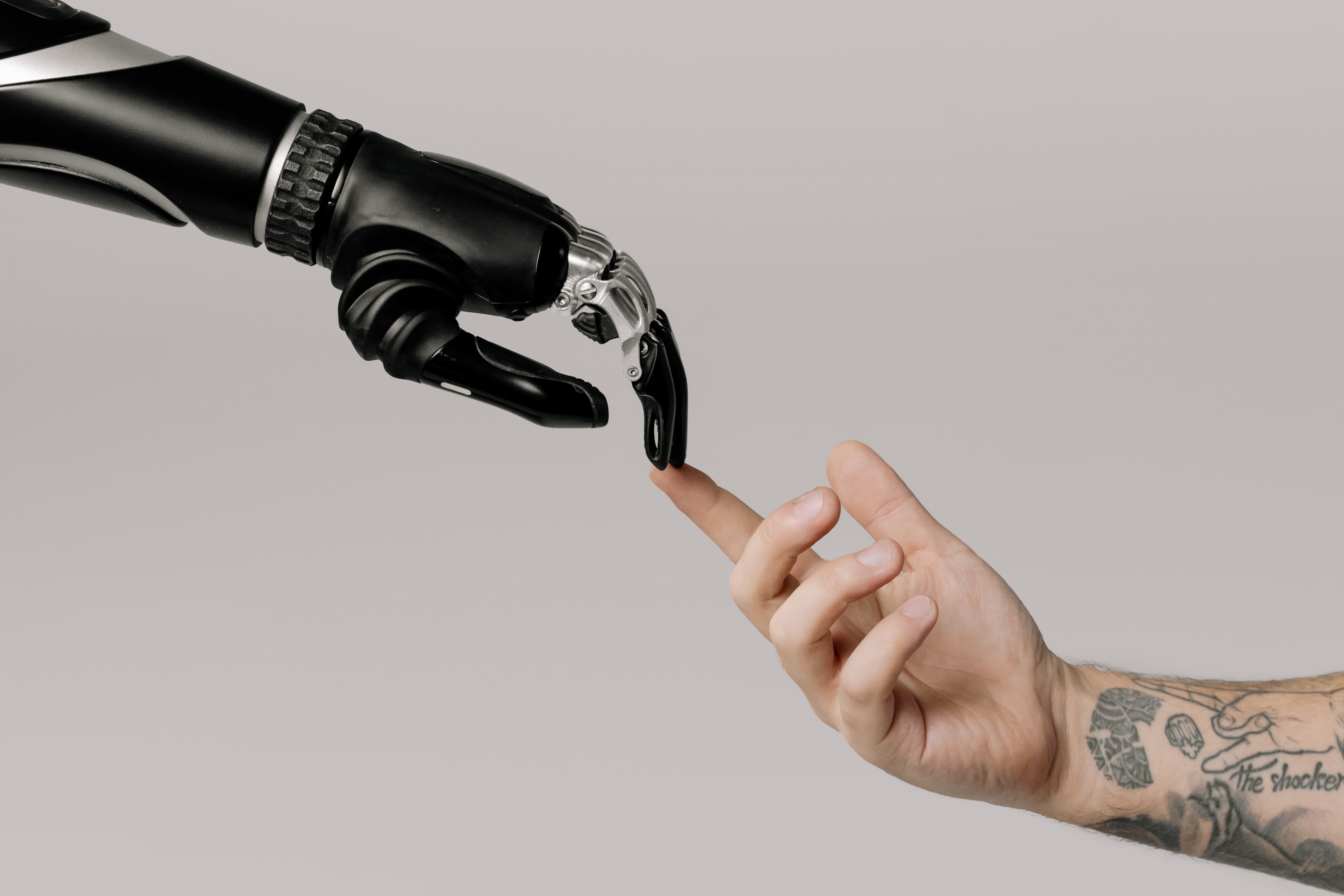Artificial intelligence, or AI, is all around us, shaping the way we live and work. That phrase, AI, is actually an umbrella term for technologies that are trained, rather than instructed. You’ve probably heard of ChatGPT or Midjourney, two of the latest AI marvels that have captured our attention, but what you might not know is that AI is not a recent invention. It has been evolving since the 1970s and is already present in some of the devices you use every single day.
How does AI work?
The real magic of AI lies in how it operates. Unlike traditional software applications that are explicitly programmed, AI relies on machine learning. It's all about training the machine, not giving it instructions. We feed AI algorithms massive amounts of data related to a specific task, then they use that data to learn and make predictions or autonomous decisions. Essentially, AI evolves by learning from data and experiences, rather than by following pre-defined programming instructions.
That is where the ‘intelligence’ element comes in, as AI has the ability to learn and grow. By processing data and recognising patterns, AI can essentially make recommendations and predictions that were once considered the realm of human expertise.
Why is AI becoming more popular now?
Now you understand AI a little better, you might be wondering why there has been such an explosion in discussion of it in this past year. And more than discussion, adoption AI models has more than doubled since 2017. Several factors come into play to explain it. Firstly, AI has had time to mature and evolve since it first emerged a few decades ago, and substantial investment in recent years means it has only become more practical and accessible. The advent of cloud computing has also played a pivotal role in this process.
Additionally, there's been a marked shift towards creating more user-friendly AI applications that the general public can use. Rather than building algorithms for finished products like Amazon’s Alexa, or even Tesla’s self-driving car, focus has shifted to platforms that put people like you in the driving seat. The launch of ChatGPT is a significant milestone. It captured the public's imagination because of its remarkable capabilities, far surpassing anything that had been developed before. Suddenly, AI wasn't just for experts in the field; it was something anyone could explore and put to good use.
As a result of this accessibility, public awareness of AI has skyrocketed. In 2023, a whopping 72% of adults could provide at least a partial explanation of AI, compared to just 56% a year earlier. Now, 5% report using it a lot and 45% a little in their day-to-day – that’s a significant development. All this suggests AI is much more than a trend, soon it will be an expectation.
With its rapid rise in the mainstream, AI has brought both excitement and apprehension. Some people still fear its potential impact on our lives, while questions linger about the sources of the massive amounts of data AI requires. However, the reality is that AI is here to stay, and it's up to individuals to harness its power wisely.
AI is not a replacement for human creativity or expertise. It's a tool that can enhance our capabilities, make us more efficient and get things done at speed. We look at it as a handy help for daily tasks and a route to even stronger creative outputs. The key is to use AI responsibly, to evaluate the quality of its outputs, and to adapt it to our needs.
In this AI-powered world, staying open to its potential is the key to not being left behind. AI is not the end; it's a new beginning, and it's up to us to make the most of it. Do you want to know more about AI? Check out our DRPG Bitesize: The AI Series here.
/DRPG%2045th%20Anniversary/DRPG%2045th%20White%20-%20No%20Text.png)


 Back
Back
.jpg)

/Blog%20Images/RS19457_DSCF0377.jpg)
/Blog%20Images/AEO%20SEO%20-%20Digital%20Blog.jpg)

